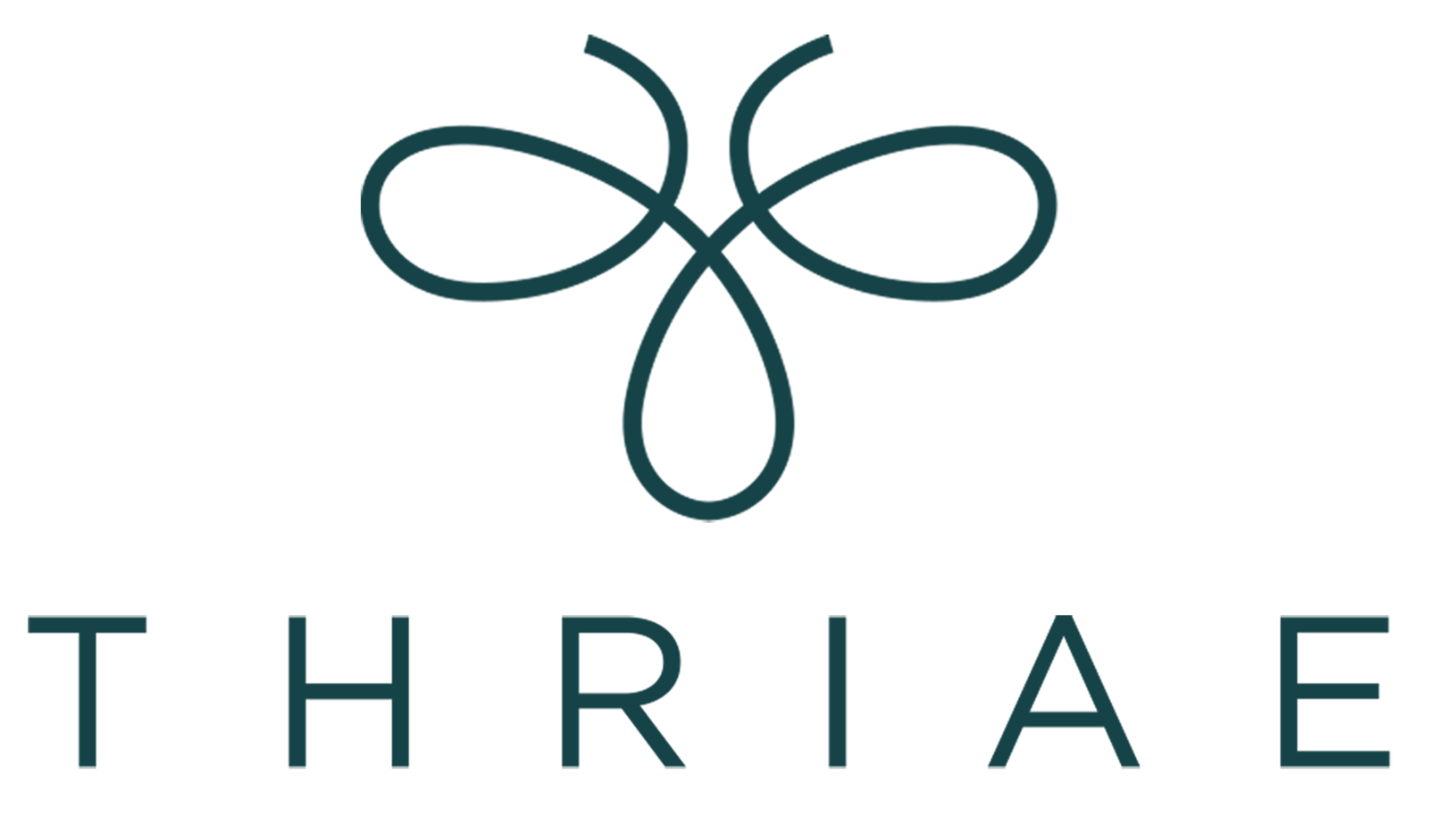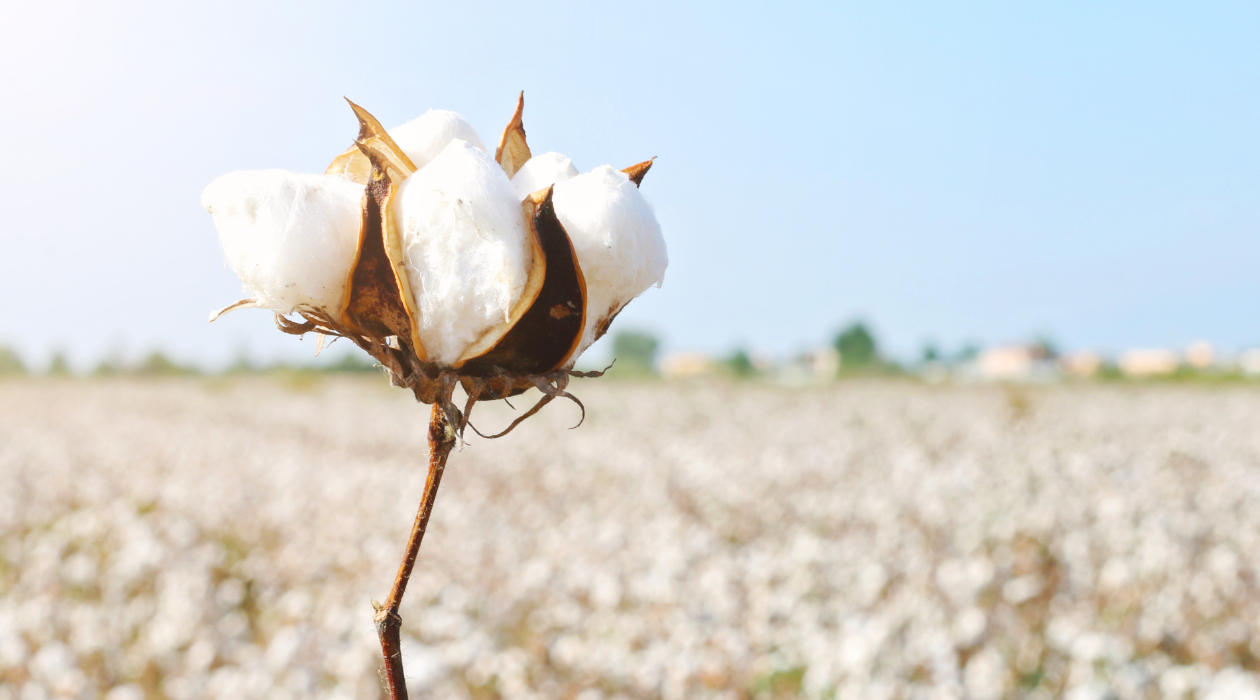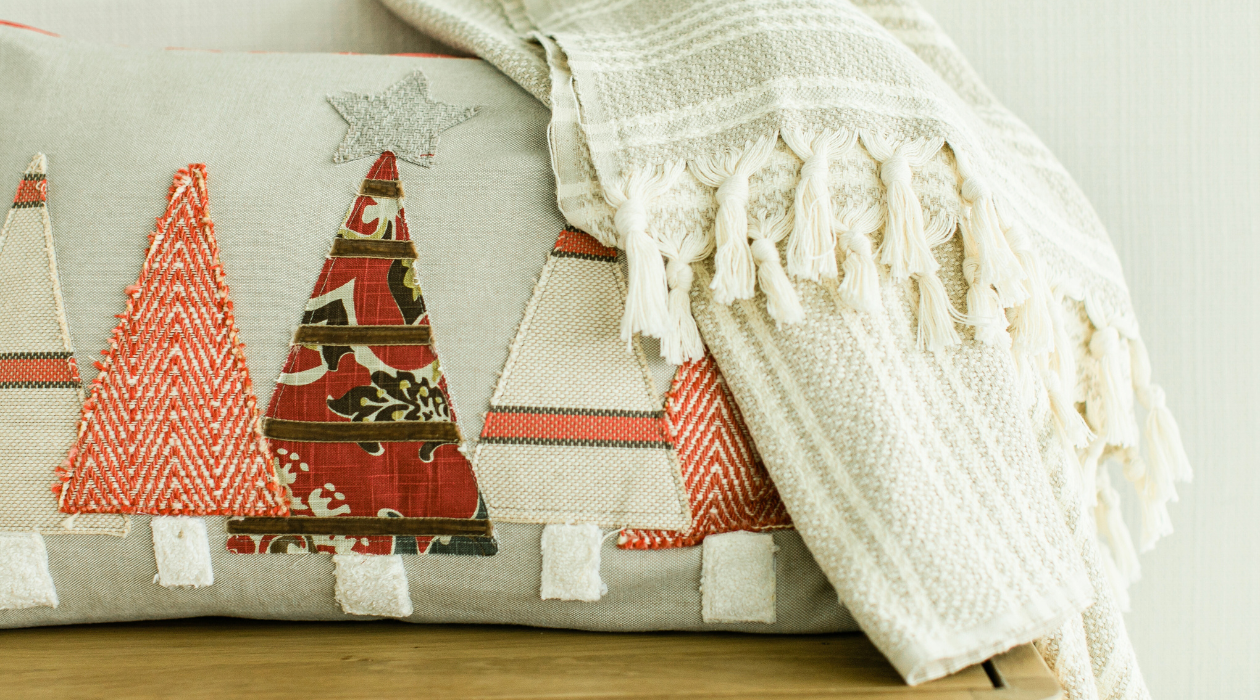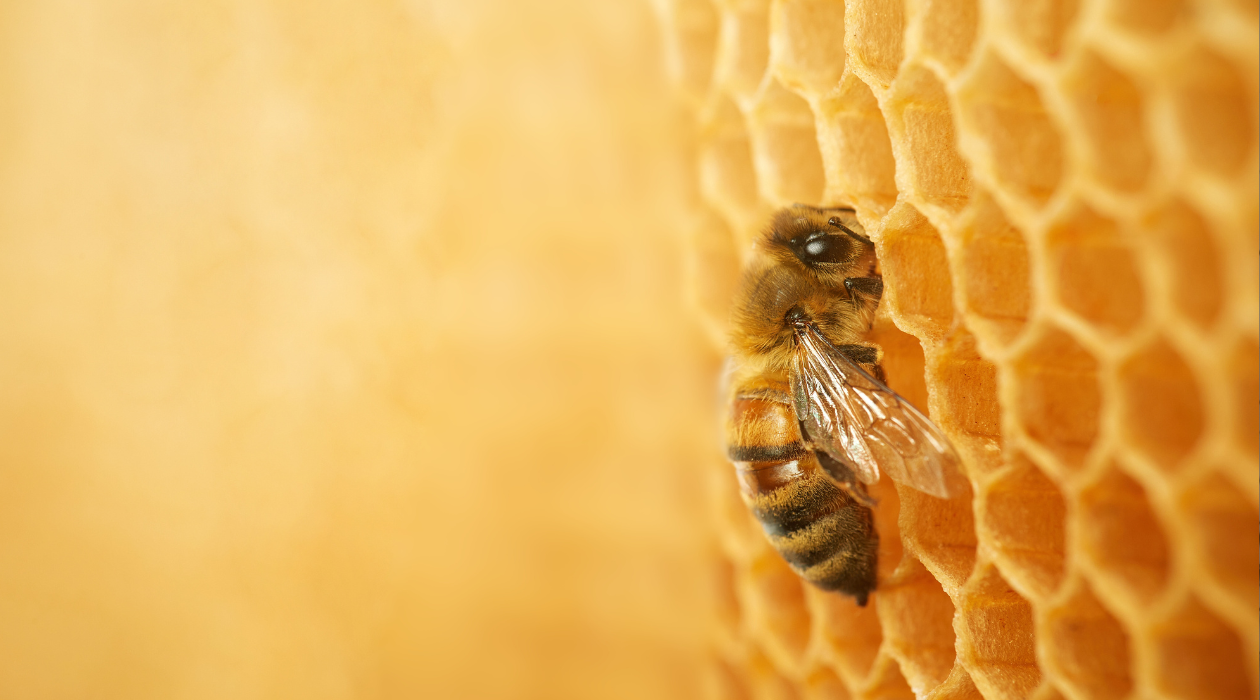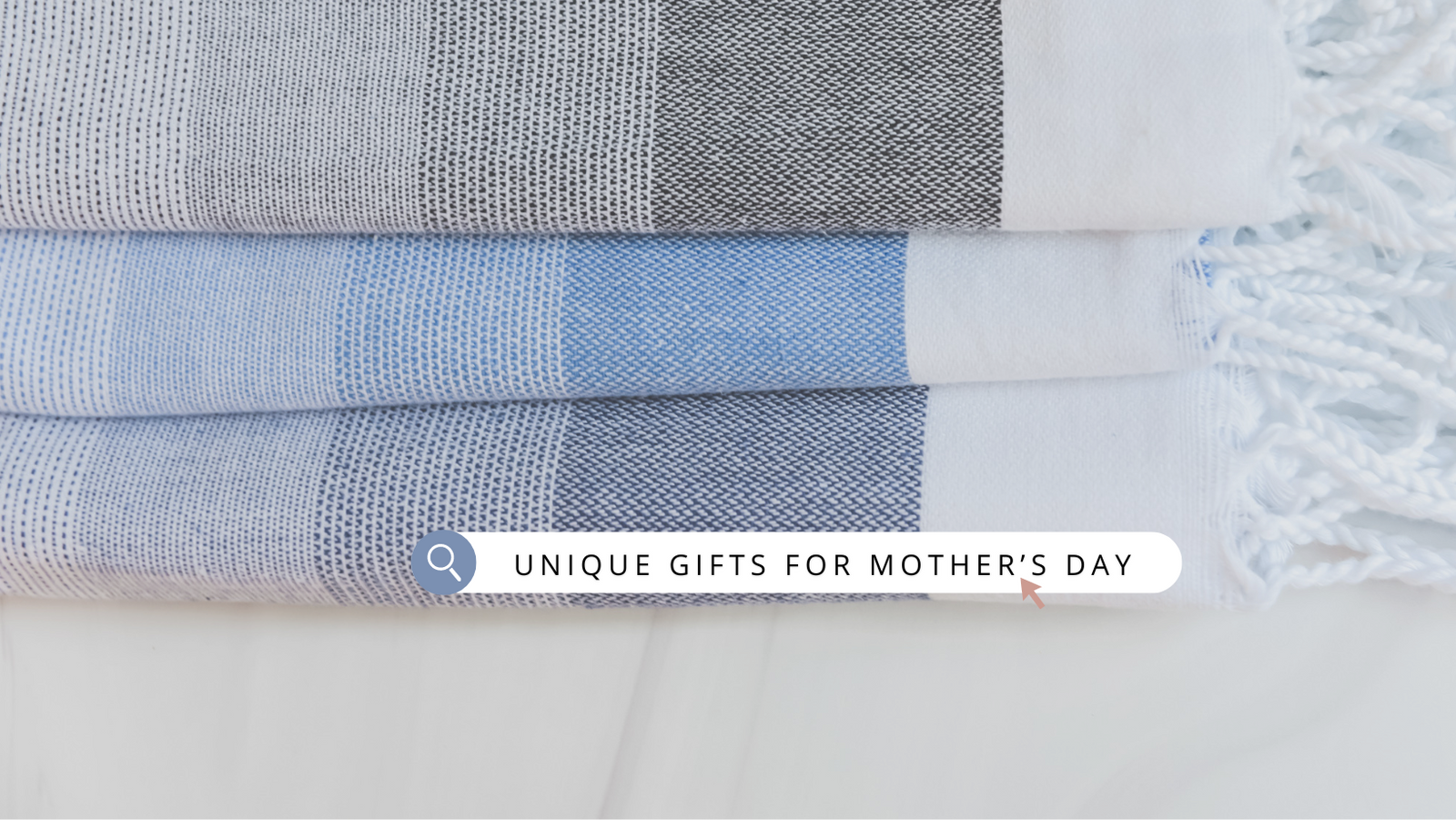In recent years, the global movement towards sustainable living has prompted a closer look at everyday products, including towels. While traditional terry towels have long been a staple in households worldwide, Turkish peshtemal towels have emerged as a sustainable alternative gaining popularity for several compelling reasons. Let's explore why Turkish towels are considered more sustainable and eco-friendly choices compared to their terry counterparts.
1. Eco-Friendly Materials and Production
Turkish towels, also known as peshtemal or hammam towels, are typically crafted from 100% Turkish cotton or a blend of cotton and bamboo fibers. This choice of materials is crucial for sustainability. Turkish cotton is renowned for its long fibers, which result in a stronger and smoother yarn compared to shorter fibers used in terry towels. This not only enhances durability but also reduces the need for frequent replacements, thereby minimizing waste.
Moreover, the production process of Turkish towels often involves traditional methods that consume less energy and water compared to the manufacturing of terry towels. The weaving techniques used are centuries-old, requiring fewer resources and chemicals, further lowering the environmental impact.
2. Lightweight and Versatile Design
One of the standout features of Turkish towels is their lightweight and compact design. Unlike bulky terry towels, Turkish towels are thin yet highly absorbent, making them ideal for various uses beyond just drying off after a shower. They are perfect as beach towels, picnic blankets, wraps, or even decorative throws. Their versatility reduces the need to purchase multiple types of towels for different purposes, contributing to a minimalist and sustainable lifestyle.
The compact nature of Turkish towels also means they take up less space in washing machines and storage areas, requiring less water and energy for laundering and maintenance.
3. Longevity and Durability
As mentioned earlier, the use of high-quality Turkish cotton or bamboo fibers contributes significantly to the durability of Turkish towels. They are designed to withstand frequent use and washing without losing their softness or absorbency. This longevity reduces the frequency of replacements, thereby reducing overall consumption and waste.
In contrast, terry towels, while initially plush and absorbent, can lose their softness over time and may require more frequent replacement, contributing to landfill waste and environmental strain.
4. Supporting Artisan Communities
Many Turkish towels are handwoven by skilled artisans in Turkey, where the tradition of weaving goes back centuries. By purchasing Turkish towels, consumers support these artisan communities and help preserve their traditional craftsmanship. This aspect of ethical consumption aligns with sustainable practices by promoting fair trade and preserving cultural heritage.
5. Biodegradability
Another environmental benefit of Turkish towels is their biodegradability. Made from natural fibers without synthetic additives, Turkish towels break down naturally at the end of their lifecycle, unlike towels made from synthetic materials that contribute to microplastic pollution.
Turkish towels offer a compelling alternative to traditional terry towels for those looking to make more sustainable choices in their everyday lives. From eco-friendly materials and production methods to versatility and longevity, Turkish towels embody the principles of sustainability in multiple dimensions. By opting for Turkish towels, consumers not only invest in quality and comfort but also contribute positively to environmental conservation and support for artisan communities. As we continue to prioritize sustainability, Turkish towels stand out as a practical and stylish choice for conscious consumers everywhere.

